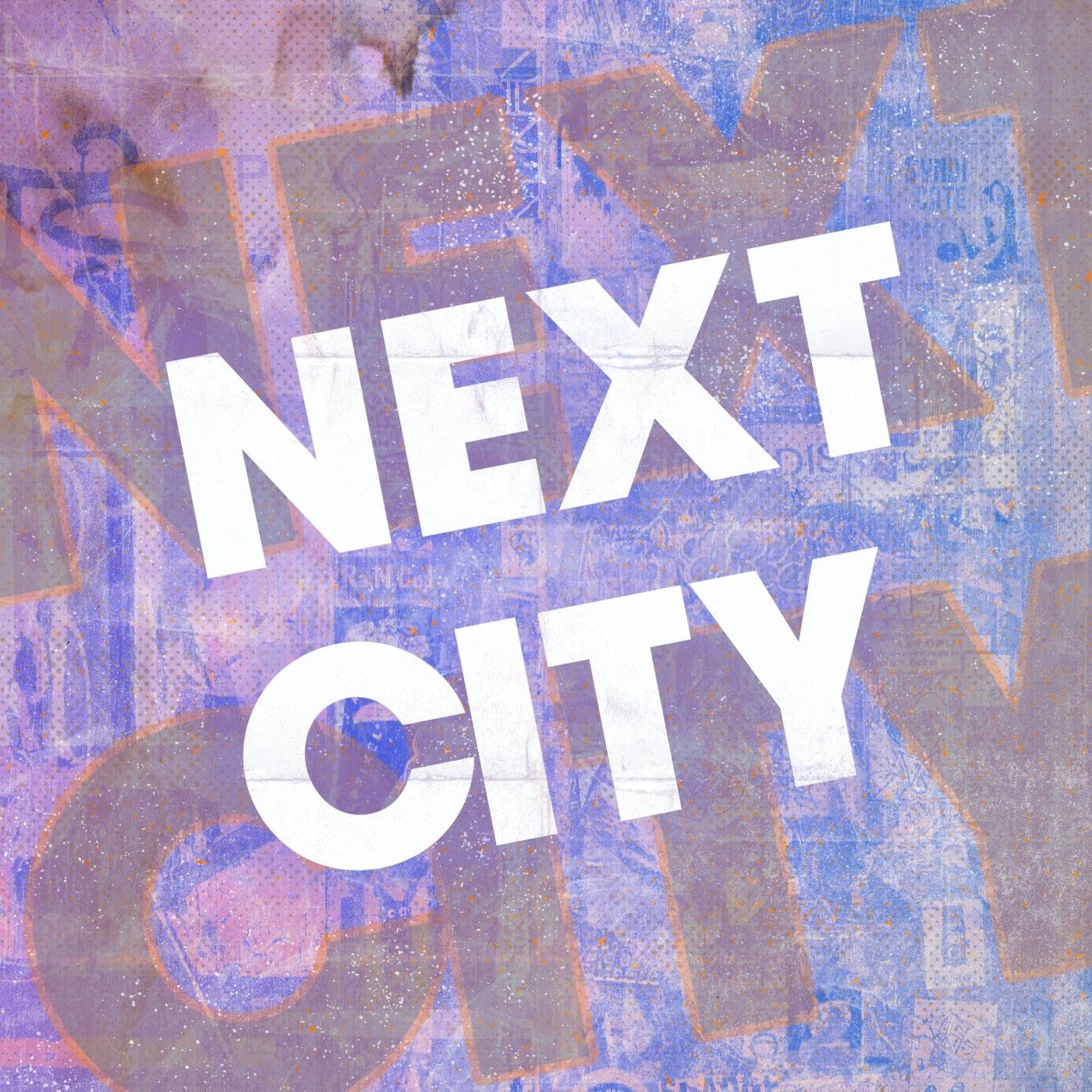Next City : The Quiet Engine for Affordable Housing in Red and Blue States
SHOW NOTES
The CDFI Fund is a proven driver of affordable housing in every state—red and blue alike. But now, this vital source of financing is at risk of federal cuts. In this episode, we highlight a project in Nashville, Tennessee, made possible by BlueHub Capital, a community development financial institution based in Massachusetts.
In today's episode, we speak to Oscar Perry Abello, the author of "The Banks We Deserve," and with Karen Kelleher, president of the BlueHub Loan Fund, which recently helped finance a project in Nashville that converted two abandoned motels into affordable studio apartments. It's just one example of how community development financial institutions (or CDFIs) step in all overt the country, in red states and blue states, where big banks usually won’t.
It's also the sort of project that would be harder to finance if the Trump administration gets its wish to eliminate the CDFI Fund, the federal grant program that helps fund and support more than 1,400 CDFIs around the country. (Read our analysis of Trump's executive order on the CDFI Fund and what it means.)
“The market is profit-driven and, to be honest, it's expensive to build housing,” says Kelleher, whose team makes about 30 loans a year to fund innovative projects like the adaptive reuse project in Tennessee. “The kinds of deals that we support…don't often pencil out without subsidy. That might be tax credits, it might be grants, it might be state funds, it might be local funds.”
Making the math work can lead to transactions that are complex, risky – and unpalatable for many market-rate lenders. That's where CDFIs come in.“We and other mission-driven lenders and CDFIs really make it our business to understand those tools, those models,” Kelleher says. “We find ways to structure our financing so we can take risks and be at the table with the community or the developer who's trying to make something happen that the market won't make happen.”
In today's episode, we speak to Oscar Perry Abello, the author of "The Banks We Deserve," and with Karen Kelleher, president of the BlueHub Loan Fund, which recently helped finance a project in Nashville that converted two abandoned motels into affordable studio apartments. It's just one example of how community development financial institutions (or CDFIs) step in all overt the country, in red states and blue states, where big banks usually won’t.
It's also the sort of project that would be harder to finance if the Trump administration gets its wish to eliminate the CDFI Fund, the federal grant program that helps fund and support more than 1,400 CDFIs around the country. (Read our analysis of Trump's executive order on the CDFI Fund and what it means.)
“The market is profit-driven and, to be honest, it's expensive to build housing,” says Kelleher, whose team makes about 30 loans a year to fund innovative projects like the adaptive reuse project in Tennessee. “The kinds of deals that we support…don't often pencil out without subsidy. That might be tax credits, it might be grants, it might be state funds, it might be local funds.”
Making the math work can lead to transactions that are complex, risky – and unpalatable for many market-rate lenders. That's where CDFIs come in.“We and other mission-driven lenders and CDFIs really make it our business to understand those tools, those models,” Kelleher says. “We find ways to structure our financing so we can take risks and be at the table with the community or the developer who's trying to make something happen that the market won't make happen.”

Next City
Join Lucas Grindley, executive director at Next City, where we believe journalists have the power to amplify solutions and spread workable ideas. Each week Lucas will sit down with trailblazers to discuss urban issues that get overlooked. At the end of the day, it's all about focusing the world's attention on the good ideas that we hope will grow. Grab a seat from the bus, subway, light-rail, or whatever your transit-love may be and listen on the go as we spread solutions from one city to the Next City .









